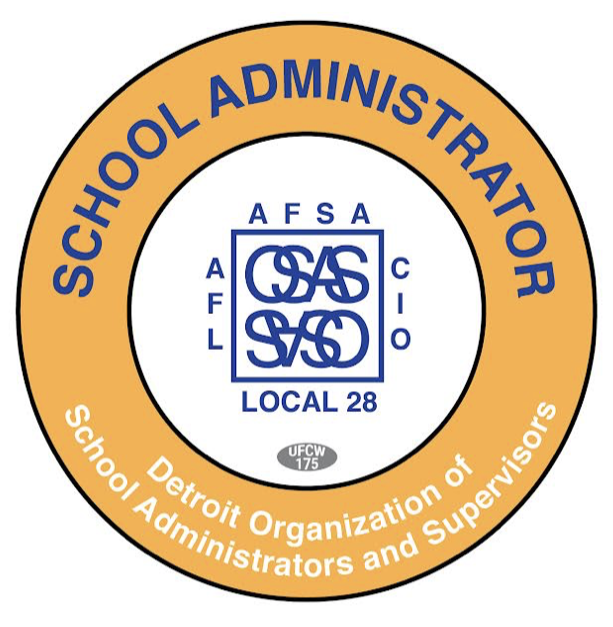
School leaders face one of the most challenging jobs. Our daily responsibilities are influenced not just by the happenings within our school grounds and community, but also by the ongoing events in our nation and the world.
Lately, we find ourselves grappling with the challenging task of navigating student walkouts at schools related to the Middle East crisis and escalating nationwide incidents of reported hate crimes, hate speech and harassment. This alarming surge includes a notable increase in disturbing antisemitic occurrences and threats targeting Jewish, Israeli, Muslim, Arab and Palestinian students.
We all are aware that the questions debated by the global community lack easy answers. These issues have been under discussion for decades, with nations sometimes progressing a step forward, only to take two steps back. While world leaders seek solutions, school leaders grapple with protests, walkouts, controversial speeches and the challenge of meeting the diverse needs of all students.
Frequently, school leaders find themselves in the midst of situations where there are no clear-cut answers, leaving all sides feeling potentially discriminated against. Additionally, any school district receiving federal funding is at risk of losing those dollars if the issues within the district are not addressed appropriately.
“The blunt truth is that America’s K–12 education system is uniquely ill-suited to help students make sense of complicated world events and navigate contentious issues, let alone achieve some level of moral clarity about them,” said Robert Pondiscio, senior fellow at the American Enterprise Institute.
That is why school boards must have clear policies on how to define and address hate speech—and more importantly, how we educate the children we serve on the facts of the conflicts abroad.
As districts nationwide seek solutions, there is a delicate balance to be struck between upholding the principles of free expression and civic engagement, and ensuring the safety and well-being of all students.
You as school leaders and your local unions must make it clear to the superintendent and the school board that they must provide clear guidance, direction and training for you and your colleagues to follow on these complex topics effectively.
“When approached by children with questions about the Israel-Hamas war, parents and teachers should center conversations on empathy rather than politics,” Harvard lecturer Claude Bruderlein told The Boston Globe at the end of October.
AFSA’s partner, the National Center for School Crisis and Bereavement, has built a set of tools on how to talk about the conflict, which can be found here.
Be well, stay well.

